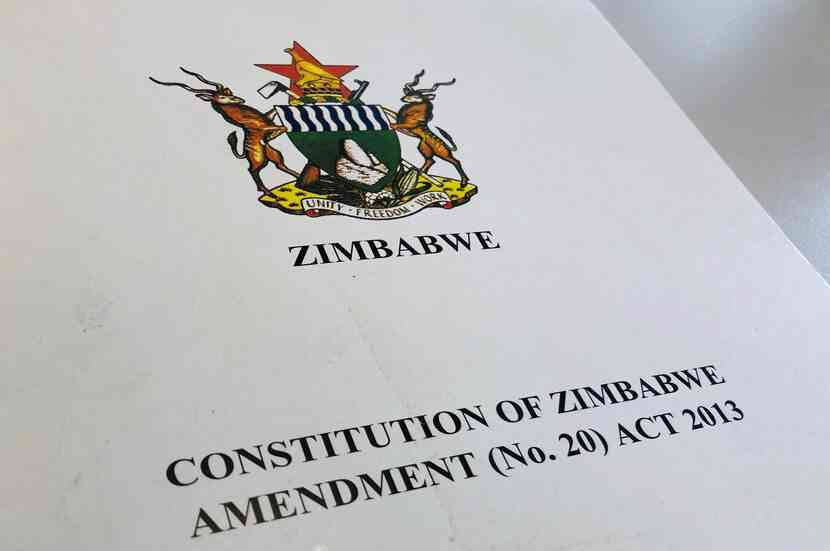
THE Zimbabwe National Statistics Agency (Zimstat) is modernising the country’s governance data systems through digital technologies and strengthened continental partnerships, in a move aimed at bolstering evidence-based policymaking across key sectors such as peace-building, justice reform and social inclusion.
Zimstat spokesperson Roland Chiringa told the Zimbabwe Independent that the agency is accelerating reforms under the National Strategy for the Development of Statistics (NSDS III 2021–2025), which identifies governance statistics as a cornerstone of national planning.
“We are seeing a stronger appreciation for data-driven governance. Our work is directly supporting policy decisions and helping ministries identify gaps, improve service delivery, and promote inclusive national development,” he said.
Chiringa noted that detailed, disaggregated datasets, broken down by sex, age, disability and geographical location, are enabling targeted interventions for marginalised communities, including rural populations, persons with disabilities and young people.
He said governance data has become an essential tool for both government and civil society as they design responses to social and economic inequalities.
Zimbabwe’s participation in continental and global platforms such as the sustainable development goals (SDG) 16 Survey Initiative and the Praia Group on Governance Statistics has further strengthened Zimstat’s capacity.
These initiatives, Chiringa said, provide technical support, methodological guidance and peer-learning opportunities that help the agency measure complex governance indicators.
“The SDG 16 Survey gives us the ability to collect data that administrative systems cannot capture, such as citizens’ experiences with corruption, discrimination, and the fairness of institutions,” he said.
- Thousands flee economic mess
- Zim food inflation tops world: WB
- ‘1 500 women die giving birth’
- Half of Zim youths loafing: ZimStat
Keep Reading
Chiringa added that involvement in these programmes ensures Zimbabwe’s governance statistics meet international standards and align with Agenda 2063 and the 2030 Agenda.
At the same time, Zimstat is rolling out a broad digital transformation agenda to modernise the statistical production cycle.
Chiringa revealed that the agency is now using artificial intelligence tools for automated data validation and anomaly detection, alongside mobile-based computer-assisted personal Interviewing systems that have replaced traditional paper questionnaires.
He said the shift has improved accuracy, reduced processing time and enhanced transparency in data handling.
Geographic Information Systems are also being deployed for spatial analysis in censuses and household surveys, allowing for more precise planning and resource allocation.
To support these innovations, Zimstat has strengthened its cyber security frameworks to safeguard sensitive national data.
A major ongoing development is the migration to the Open Data Portal 2.0, which Chiringa said will transform public access to official statistics.
The upgraded platform will offer interactive visualisations, automated data updates and API functionality for researchers, journalists and developers.
Zimstat is also developing a mobile application to improve accessibility for smartphone users, particularly in rural and peri-urban communities.











